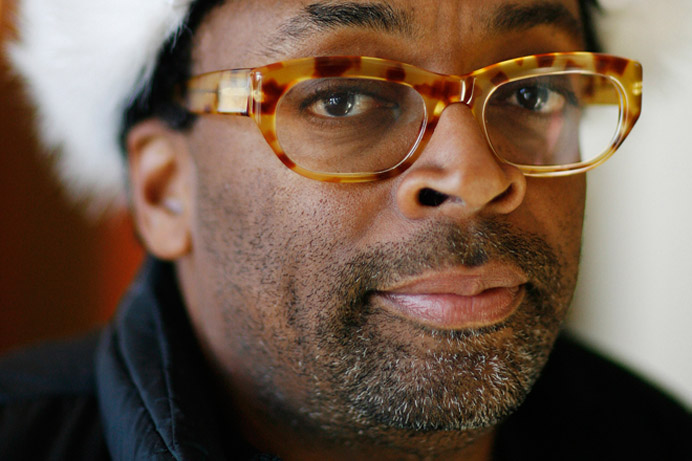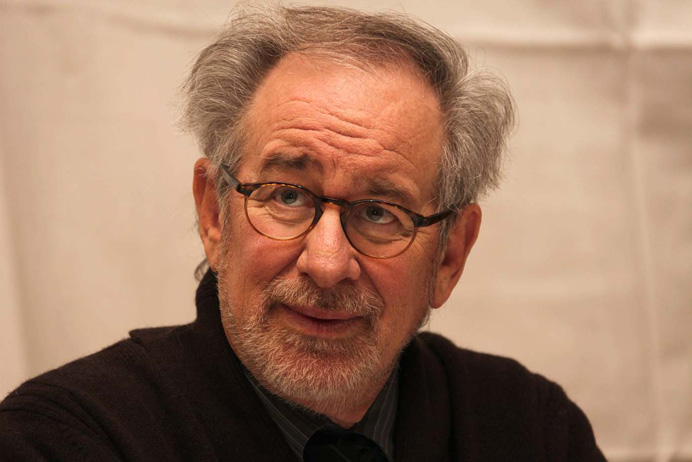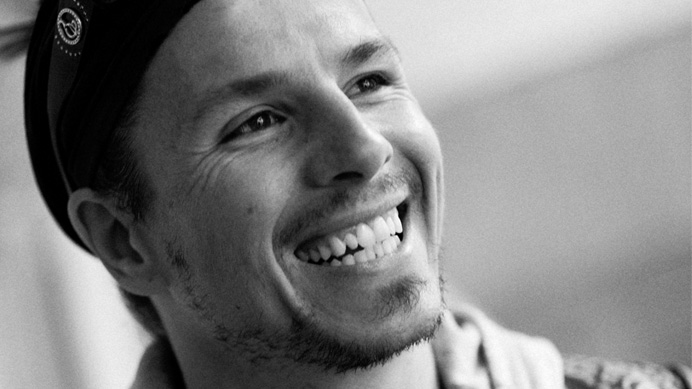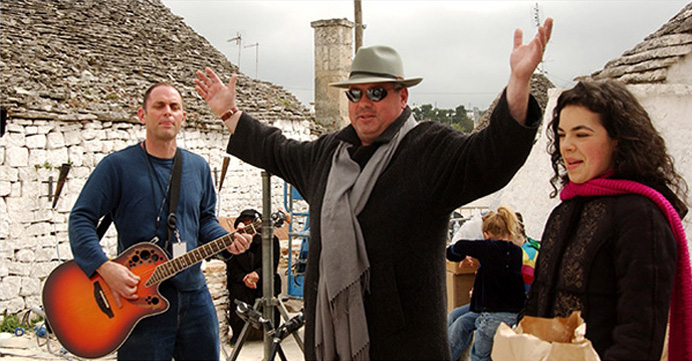
Chris Wilcha (Center, Glasses) in The Target Shoots First.
Chris Wilcha made one of my all-time favorite documentaries, The Target Shoots First. I feel really cool for having seen it since it hasn’t been released yet, and I saw it by borrowing a VHS version from a friend who knows him—which is how I connected with Chris for this interview.
The Target Shoots First is a collection of footage shot by Chris while he was working at Columbia Music House in the early 90s, which he guides you through with his own narration. It sounds simple, and it is, but the story that unfolds is unassuming and profound. It’s like Office Space, but for real, and a lot more personal. Like many films of the 90s, it explores the life of a post-college twenty-something, and how they fit into the workforce as a Gen-X’er.
The entire movie should be available online sometime soon. When it is, we’ll link it here.
Continue reading An Interview with Chris Wilcha, Director of ‘The Target Shoots First’



